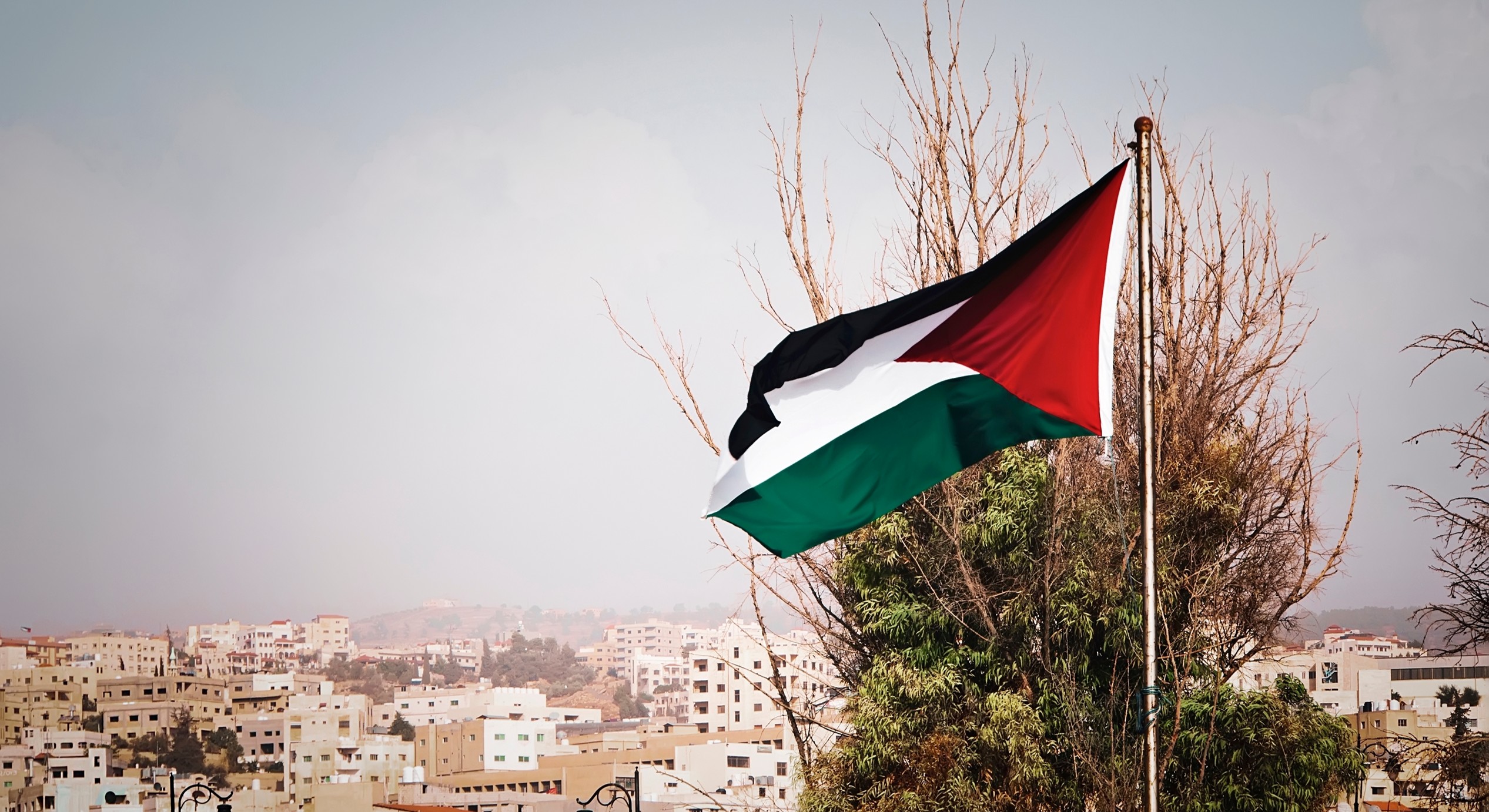
Palestine Facing the Plans for Liquidation - Ziad Abdel Samad
The Palestinian cause is at a
fateful turn. Through its unconditional support for Israel, the United States
seeks to liquidate the Palestinian cause at the expense of the legitimate
rights of the Palestinian people. The administration of US President Donald
Trump has formed a special task force on Middle Eastern affairs, foreign
relations, security, and military affairs, consisting of figures known for
their pro-Israel positions.
The implementation of the
"Abraham Accords" became a strategic goal. During Trump's first term, these agreements culminated in normalizing
relations between some Arab countries and Israel, without any reference to
Palestinian rights or their right to self-determination and the establishment
of their independent state.
However, a strong global consensus continues to adhere to the two-state
solution. It was evidenced by the positions of more than two-thirds of UN
member states. Trump is attempting to promote the idea of evacuating the Gaza
Strip of its residents, promising to rebuild it and transform it into a modern
tourist area. He also suggested receiving one hundred thousand Palestinians in
the US. However, these proposals were met with categorical rejection.
On February 6, 2025, the US
President signed an executive order imposing sanctions on the International
Criminal Court. It targeted individuals and their families for their
participation in investigations into US citizens and US allies, such as Israel,
and accused the court of anti-Semitism.
In parallel, led by its far-right
government, Israel continued to promote what it calls the “Middle East Peace
Project” by pressuring Arab countries to accept it while continuing its
economic and geopolitical ambitions. Among these ambitions is control of the
natural gas fields off the coast of Gaza, whose reserves are estimated at tens
of trillions of cubic feet, in addition to accelerating the implementation of
the “India-Middle East-Europe Economic Corridor” that links India to Saudi
Arabia and Europe via Gaza and Tel Aviv, in competition with the Chinese “Silk
Road” that passes through the Middle East to Europe.
In light of these developments,
Israel continues its aggressive policies in the West Bank by supporting and
expanding settlements, alongside its refusal to commit to a ceasefire with
Hamas in Gaza, except in the context of a prisoner exchange. Israel also no
longer recognizes the 1967 armistice agreement that followed the Six-Day War
with Egypt and Jordan, nor the 1974 agreement with Syria, reflecting its
tendency toward permanent military escalation, especially with its continued
occupation of the Golan Heights and Syrian areas adjacent to the Israeli
border.
This Israeli disavowal of
international agreements coincides with American and Israeli calls to stop the
work of the United Nations Relief and Works Agency for Palestine Refugees
(UNRWA), which was established in 1949 under Resolution 302 to care for and
protect Palestinian refugees. The abolition of UNRWA means the removal of the
special protection enjoyed by Palestinian refugees. It constitutes a step
towards dropping international recognition of their right to return, based on
Resolution 194 of the United Nations General Assembly in 1948.
In addition, the Trump
administration gave Israel the green light to annex settlements in the West
Bank. During his administration, [the US] was the first country to recognize
Jerusalem as the eternal capital of Israel and move its embassy there in 2018.
It made the two-state solution more complex and established a settlement
reality that threatened to liquidate the Palestinian cause once and for all.
The US also recognized Israel’s
sovereignty over the occupied Syrian Golan Heights in 2019, going against
international law, which considers the Golan Heights an occupied territory
under Security Council Resolutions 242 and 497. The US president’s recent
statements also sparked widespread controversy as he expressed his intention to
supervise the reconstruction of Gaza, implicitly referring to the plan to
displace Palestinians. He called on Arab countries, including Saudi Arabia, to
host them. The move was seen as an attempt to liquidate the Palestinian cause
under humanitarian cover.
Despite all the US and Israeli
pressures and peace projects that ignore their rights, the Palestinians adhere
to their legitimate rights. They face all kinds of practices that make life
impossible in the Gaza Strip and in large areas of the West Bank, which the
International Court of Justice and the International Criminal Court have
considered genocide. Therefore, they reject all attempts at displacement and
transfer.
In this context, the Kingdom of
Saudi Arabia remains committed to the Arab Peace Initiative, launched from
Beirut in 2002. It was based on the principle of "land for peace,"
meaning that normalization can only take place after reaching a just solution
to the Palestinian issue, which guarantees the establishment of an independent
Palestinian state with East Jerusalem as its capital, living side by side with
Israel. Other Arab countries also adhere to this position, based on a firm
conviction that any serious stability in the region will only be achieved
through a just and comprehensive settlement of the Palestinian question.
Despite pressure from the US, Egypt
and Jordan rejected the Trump administration's plans to displace Palestinians
from Gaza and the West Bank and settle them in neighboring countries. They
affirmed their commitment to the right of return and the two-state solution.
As these policies persist, it seems that the region is heading
towards more tension and instability unless a comprehensive solution is reached
that restores the Palestinian people’s legitimate rights and puts an end to
decades of occupation and injustice.
Ziad Abdel Samad
Recent publications

